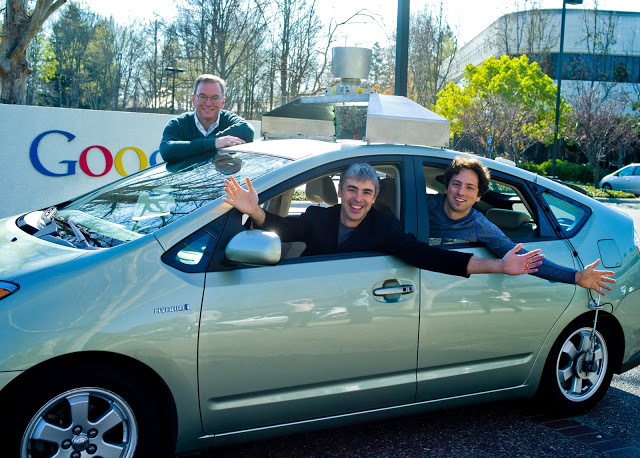As announced two months ago, Google quietly morphed into Alphabet after stock trading closed on Friday. The Wall Street Journal describes the new structure and the rationale behind it.
It’s hoped putting the smaller, more speculative operations into a separate business units from the company’s core search and advertising businesses will allow managers to be more focused on the business while giving more flexibility to the newer divisions.
One of the major reasons for Google’s reorganisation is the company had become too unwieldy with the WSJ story quoting one former employee who illustrates the problem.
Many entrepreneurs believe “it’s easier to do their business outside Google rather than inside,” said Max Ventilla, who left Google in 2013 to found an education startup. “There’s a lot of red tape for head count and money to get through at Google.”
At the moment it’s not clear that headcount is going to fall under the new structure and certainly some more revisions to the core business are going to be needed to get focus back for products like Google Docs and the local business search operations which have been drifting for some time.
Over the next two years we’ll see how successful the new structure is. If it works, then Alphabet could be showing the new model for corporate conglomerations.




